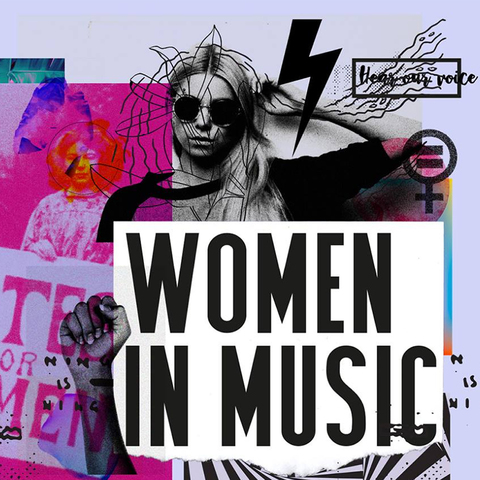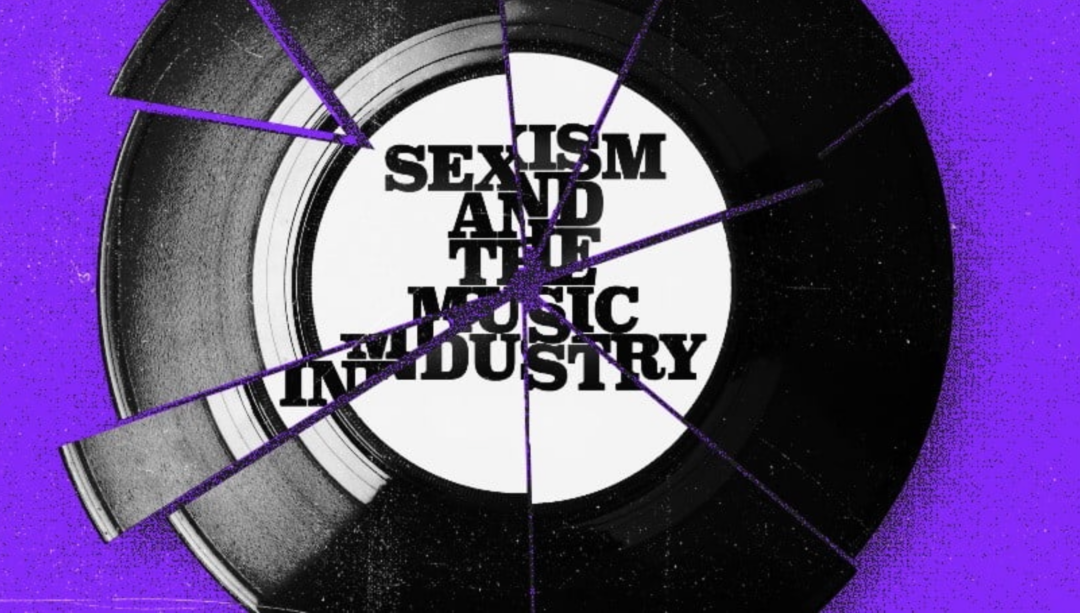The UK Parliament’s Women and Equalities Committee (WEC) has recently concluded an extensive inquiry into the pervasive ‘Misogyny in Music’, a probe that spanned over a year and a half. The committee’s findings, encapsulated in a hard-hitting report, lay bare the stark realities faced by women in the music industry. The report begins with a powerful statement, highlighting the myriad challenges women encounter, ranging from limited opportunities and support to gender discrimination, sexual harassment, and the ever-present issue of unequal pay in a sector rife with self-employment and gendered power imbalances.
Despite some progress in representation, the report underscores that these issues are deeply ingrained and further exacerbated for women contending with intersectional barriers, especially racial discrimination. The report delves into these issues in detail and puts forth several recommendations. For the British government, these include enhancing protections against sexual harassment and discrimination for freelance workers and legislating against the use of non-disclosure agreements (NDAs) in cases of sexual abuse, harassment, misconduct, and bullying. The music industry is also addressed with recommendations such as labels committing to regularly publish data on the diversity of their creative rosters and workforces, including gender and ethnicity pay gaps. Furthermore, the report suggests licensing recording studios with a sexual harassment risk assessment, a mandatory accreditation programme for music managers, and incorporating conditions to tackle bias, harassment, and abuse in the licensing rules for music venues.
However, the report also takes a broader societal perspective, stressing the need for educating boys and men on misogyny and consent, and how to respect and support women better, acknowledging that these issues are often unfairly deemed as solely women’s concerns. The report’s release has prompted responses from various industry bodies, acknowledging the gravity of misogyny in music and society and the need for concerted efforts to address it. The British Phonographic Industry (BPI) and UK Music have expressed their commitment to tackling these issues, emphasising a zero-tolerance approach to misogyny and discrimination.
…If It Sounds Too Good to Be True, It Probably Is
Amidst these developments, there’s a palpable sense of scepticism about the potential for real change. The UK is on the cusp of a general election, with the ruling Conservative party, in power since 2010, now facing a resurgent opposition Labour Party. The government’s current focus seems to be on internal politics, quick-fix policies, and cultural battles, leaving issues like misogyny in the music industry on the back burner. While individual MPs, including committee chair Caroline Nokes MP, have shown commitment to these issues, the transformative change needed in the music industry’s heart, as Nokes points out, seems a distant dream.
The report, though clear in its recommendations, may only see significant attention post-election, possibly under a new government. Of course, there is no guarantee that the Tories won’t get to extend their tyrannical rule over the UK, and let’s not forget, the Conservative Party is just as misogynistic as what they are pretending to go up against to benefit women in the music industry. Remember when they trashed tackling sexism and racism as ‘woke concerns’? Remember when Caroline Nokes called the party institutionally sexist? Remember when the home secretary, James Cleverly, made a date rape joke? Don’t fall for the populist agendas.
As much as I would love to see the music industry become a meritocracy that is free from misogyny, that optimism doesn’t make me naïve enough to believe that the UK government is going to do anything to support musicians in any capacity. In recent years, the music industry has been decimated by Brexit, the pandemic, the cost-of-living crisis and the general lack of appetite for new music because nostalgia tastes so much sweeter when modernity is sour. Not all of the above can be pinned on our current government, but they certainly haven’t helped with their proclivities towards disaster capitalism.
5 Ways the UK Government Has Failed to Support the Dilapidating Music Industry
- Inadequate Support for Live Music During the Pandemic: One of the significant failures of the UK government in recent years was the lack of appropriate support packages for the live music industry during the COVID-19 pandemic. The sector, which heavily relies on live performances and events, was one of the hardest hit, yet the government’s response was criticised for being insufficient to address the unique challenges faced by artists, venues, and support staff.
- Unresolved Streaming Royalty Issues: Despite numerous reports and discussions highlighting the unfair distribution of streaming royalties, the UK government has been slow to address these concerns effectively. Many artists and industry professionals have expressed frustration over the lack of concrete action following inquiries into streaming services, which continue to leave many artists under-compensated for their work.
- Brexit’s Impact on Touring Artists: The government’s Brexit plans significantly impacted the music industry, particularly in terms of touring. The lack of consideration for artists and musicians in the Brexit negotiations led to increased bureaucracy, visa issues, and transportation costs for UK artists touring in the EU. This oversight has been seen as a failure to acknowledge and support the international aspirations and careers of UK-based artists.
- Underfunding of Music Education: The UK government has also been criticised for its underfunding of music education in schools. This lack of investment not only diminishes the quality of music education available to young people but also impacts the long-term sustainability of the music industry by failing to nurture the next generation of UK talent.
- Neglecting the Grassroots Music Venues: Grassroots music venues, crucial for the development of emerging artists, have faced neglect and lack of support from the government. These venues, often the starting point for many successful musicians, have struggled with issues like rising rents and strict licensing laws, with little to no governmental intervention or support to address these challenges, leading to closures and a diminishing music scene at the local level.
Article by Amelia Vandergast




